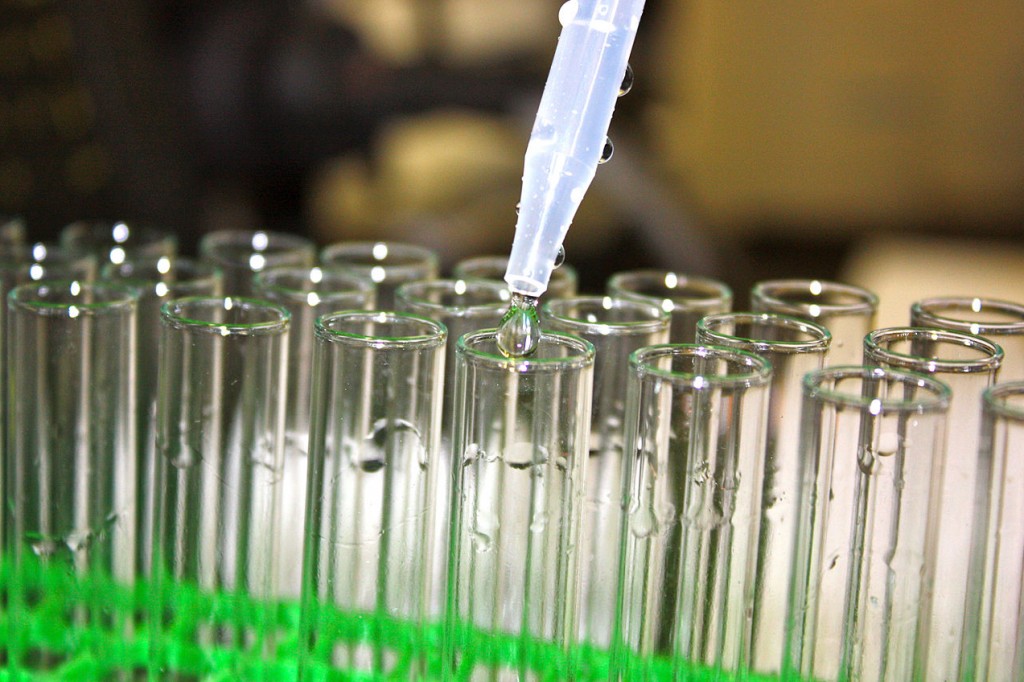Kent’s School of Biosciences and the Institute of Medical Virology at Goethe-University, Frankfurt am Main, have identified a protein that may critically contribute to severe forms of COVID-19.
SARS-CoV-2 is the coronavirus that causes COVID-19. While many individuals develop only mild or no symptoms upon SARS-CoV-2 infection, others develop severe, life-threatening disease.
Researchers have found that the infection of cells with SARS-CoV-2 results in increased levels of a protein called CD47 on the cell surface.
CD47 is a so-called ‘do not eat me’ signal to the immune system’s defences that protect cells from being destroyed. Virus-induced CD47 on the surface of infected cells is likely to protect them from immune system recognition, enabling the production of larger amounts of virus, resulting in more severe disease.
Well-known risk factors for severe COVID-19 such as older age and diabetes are associated with higher CD47 levels. High CD47 levels also contribute to high blood pressure, which is a large risk factor for COVID-19 complications such as heart attack, stroke, and kidney disease.
The data suggest that age and virus-induced high CD47 levels contribute to severe COVID-19 by preventing an effective immune response and increasing disease-associated tissue and organ damage.
Since therapeutics targeting CD47 are in development, this discovery may result in improved COVID-19 therapies.
Professor Martin Michaelis of Kent’s School of Biosciences said: ‘This is exciting. We may have identified a major factor associated with severe COVID-19. This is a huge step in combatting the disease and we can now look forward to further progress in the design of therapeutics.’
Professor Jindrich Cinatl of Goethe-University Frankfurt, said: ‘These additional insights into the disease processes underlying COVID-19 may help us to design better therapies, as well as appreciation for the importance of the breadth of research being conducted. Through this avenue, we have achieved a major breakthrough and exemplified that the fight against the disease continues.’
The study ‘A potential role of the CD47-SIRPalpha axis in COVID-19 pathogenesis’ is published by the scientific journal Current Issues in Molecular Biology (Katie-May McLaughlin, Dr Mark Wass, Professor Martin Michaelis – University of Kent; Dr Denisa Bojkova, Marco Bechtel, Joshua D. Kandler, Philipp Reus, Trang Le, Dr Julian U. G. Wagner, Professor Sandra Ciesek, Professor Jindrich Cinatl – Goethe University Frankfurt).

